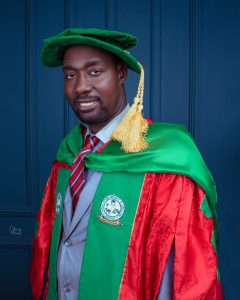The Department enjoys the support of many industries in and outside Port Harcourt. On its part the Department organizes workshops, carries out researches for and extends its consultancy services to the companies such as Shell, NNPC, NEPA, Crocodile Matchets and the general public.
The University academic regulations are documented in the Students Guide, complemented by the Mechanical Engineering Departmental Prospectus, where issues such as admission requirements, registration, enrolment, examinations matters, graduation requirements, misconduct, code of conduct for staff and students, among others, are spelt out in details. These are presented to students during orientation and from time to time at meetings of Head of Department with students.
The Department has published a programme prospectus which contains adequate information to students and the general public on the Bachelor of Technology (B. Tech.) programme of the Department. Another departmental publication deals with the postgraduate programmes, run by the Department.

